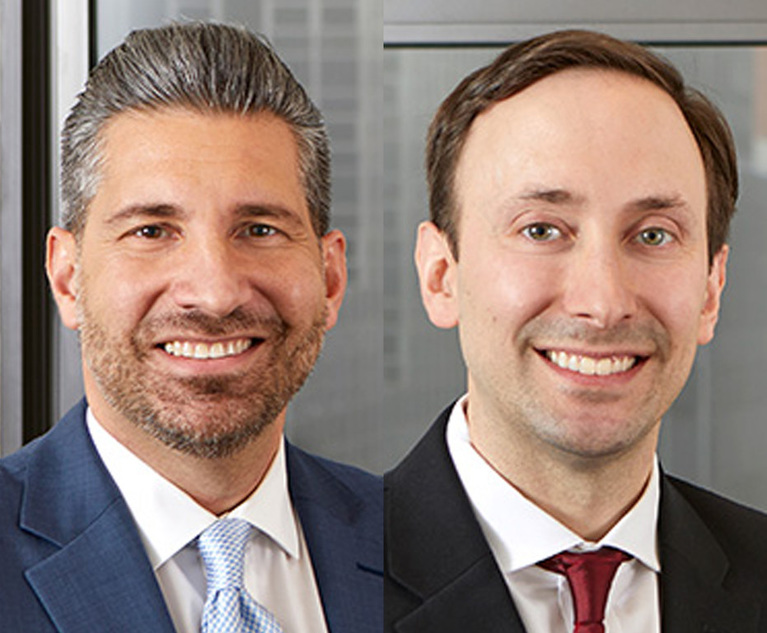In 2015, the Supreme Court issued its decision in Kimble v. Marvel Entertainment, LLC, 576 U.S. 446 (2015), which upheld a prior decision of the court and provided clarity on a question that frequently arises in patent licenses: whether, and to what extent, is it proper to collect royalties for a license term that extends beyond the expiration date of a licensed patent? For in-house counsel and others regularly involved in licensing transactions, the decision is worth revisiting, as it provides helpful, practical guidance in the complex area of patent licensing.
Background: ‘Brulotte’
In 1964, the Supreme Court in Brulotte v. Thys Co., 379 U.S. 29 (1964), took up the question of whether a patent holder could charge royalties for the use of an invention after the term of the patent in question had expired. The case involved Thys Company, an owner of patents for hop-picking, which sold a machine to farmers for a flat fee and provided a license for use of the machine.
This content has been archived. It is available through our partners, LexisNexis® and Bloomberg Law.
To view this content, please continue to their sites.
Not a Lexis Subscriber?
Subscribe Now
Not a Bloomberg Law Subscriber?
Subscribe Now
LexisNexis® and Bloomberg Law are third party online distributors of the broad collection of current and archived versions of ALM's legal news publications. LexisNexis® and Bloomberg Law customers are able to access and use ALM's content, including content from the National Law Journal, The American Lawyer, Legaltech News, The New York Law Journal, and Corporate Counsel, as well as other sources of legal information.
For questions call 1-877-256-2472 or contact us at [email protected]


 Robert L. Maier
Robert L. Maier




